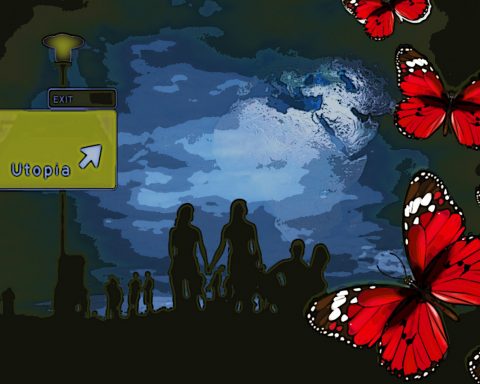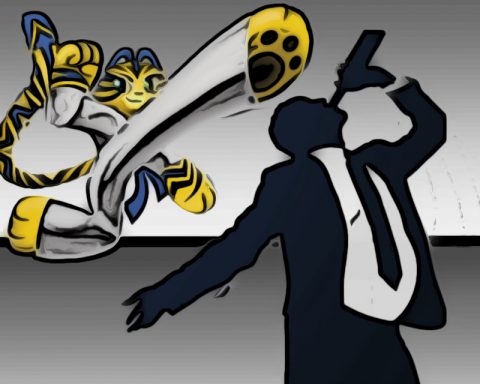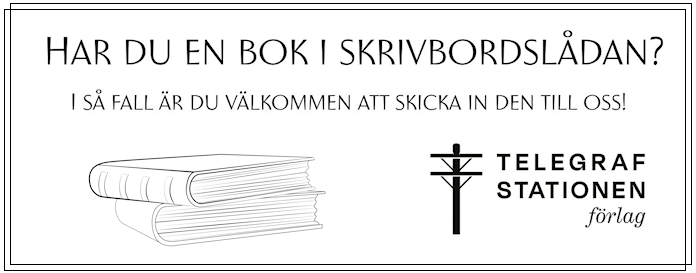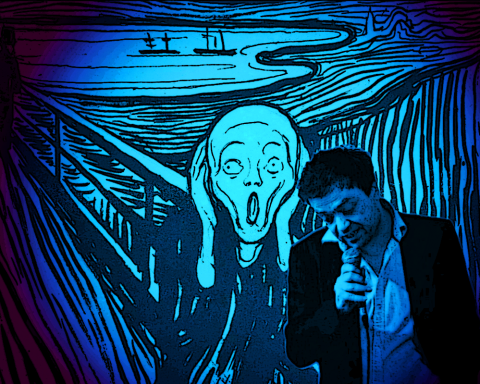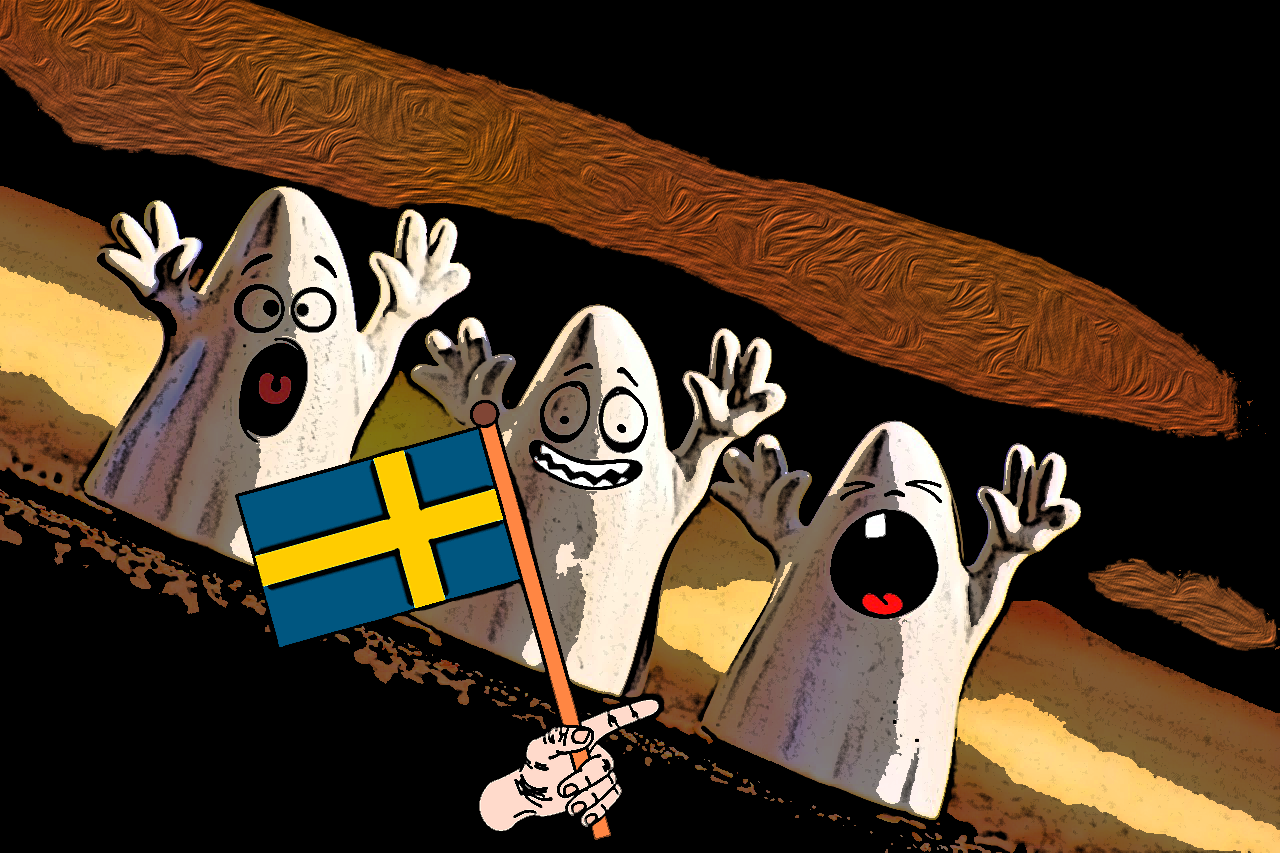
POLITICS. They are explicitly anti-left but represent a more significant threat to freedom than the left. The right-wing collectivists obsession with nation, ethnicity and political affiliation is threatening our whole free and pluralistic society.
This article was originally published in Swedish by Svenska Dagbladet daily paper
As a political force, the centre-right Alliance for Sweden was established around a unity of certain values: belief in the market economy and the rule of law, and a social view that the individual has rights towards the state and is responsible for one’s own life. However, such an agenda has never been a vote-winner, but in general, the common ground around the values of entrepreneurship, trade and low taxation has been the putty that united both liberals and conservatives.
For a long time, the Alliance was able to mobilise by being an alternative to socialism and social democracy. Nevertheless, since the appearance of the Sweden Democrats (nationalists) in politics and especially since the December agreement, which was disappointing for many, a new political competition has arisen. Such development has been noticed in the debate about ideas.
For the last few years, especially on the Internet, we have witnessed a rise in ideas that can almost be labelled as a collectivist right. This political tide has only gathered a few genuine and consistent representatives in the debate, but the tendencies are still evident – the insistence on duty, adaptation and serving the nation while protection of the individual, tolerance and the markets are completely ignored or rejected.
The economist Deirdre McCloskey has in three books during the 2000s (the latest one is Bourgeois Equality – How ideas, not capital or institutions, enriched the world) described the bourgeois value-shift which she claims gradually brought us into the modern world, starting in the 18th century in the Netherlands and Great Britain, and gave us democracy, freedom and wealth.
The collectivist right-wingers have quickly positioned themselves to defend everything from comprehensive welfare to aid programmes as long as they can remain critical of immigration. Demands are also being made to revoke citizenships and impose extra-judicial border controls in order to prohibit individuals from asking for help. In the long term, such demands are eroding support for individual freedom and rights, judicial functions and the rule of law. Such ideological positions are often made by individuals who are explicitly anti-left but who in reality pose a more significant threat to the values and political programmes of the Alliance than the left itself.
The economist Deirdre McCloskey has in three books during the 2000s (the latest one is Bourgeois Equality – How ideas, not capital or institutions, enriched the world) described the bourgeois value-shift which she claims gradually brought us into the modern world, starting in the 18th century in the Netherlands and Great Britain, and gave us democracy, freedom and wealth.
It was this freedom and respect for each other that enabled ‘ordinary people’ to innovate and conduct business. Before that, both the aristocracy and peasantry valued their existence outside work above the diligence, professionalism and education that came to be the focus with regards to personal and spiritual development. Instead of enrichment through conquest and pillaging, mutually enriching commodity exchange became the way forward.
The polarisation around identity that is dominating the public discourse today is generally seen as ultimately going against the value-shift that McCloskey describes. Ethnicity and nationality have been added to identities such as class and gender. Among the Left, but also on the Right, identity is collective, not individual. It is static, not dynamic. It is not tied to individual merits or achievements but to obedience, loyalty and a willingness to conform. Victory for the own group, rather than well-functioning institutions for co-existence in peace and freedom with others, is the goal of the collective.
The imagined world view within the collectivist right reminds us of what the American political scientist Berry R Weingast has described as the ‘violence trap’, a way of thinking from feudal times which is still widespread in developing societies. It means that different groups are creating violence capital in order to enrich themselves and protect themselves from conquest, blackmail and theft. The indications of a society where violence and violence capital have become an essential factor are not only found in the more extreme rhetoric about being subjected to invasion, war and treason that some are preoccupied with, but also found in discussions around the nation, ethnicity and political affiliation defining the individual.
In what kind of society is belonging more significant than achievement? The answer: a society where people are feeling threatened and scared. The mobilisation around identity is a warning that society has lost its fundamental safety. This is self-destructive and has to be rectified. Identity politics and its divisions are not only a danger to the bourgeois but to our whole dynamic, prosperous, pluralistic and free society.

mattias.svensson@opulens.se


